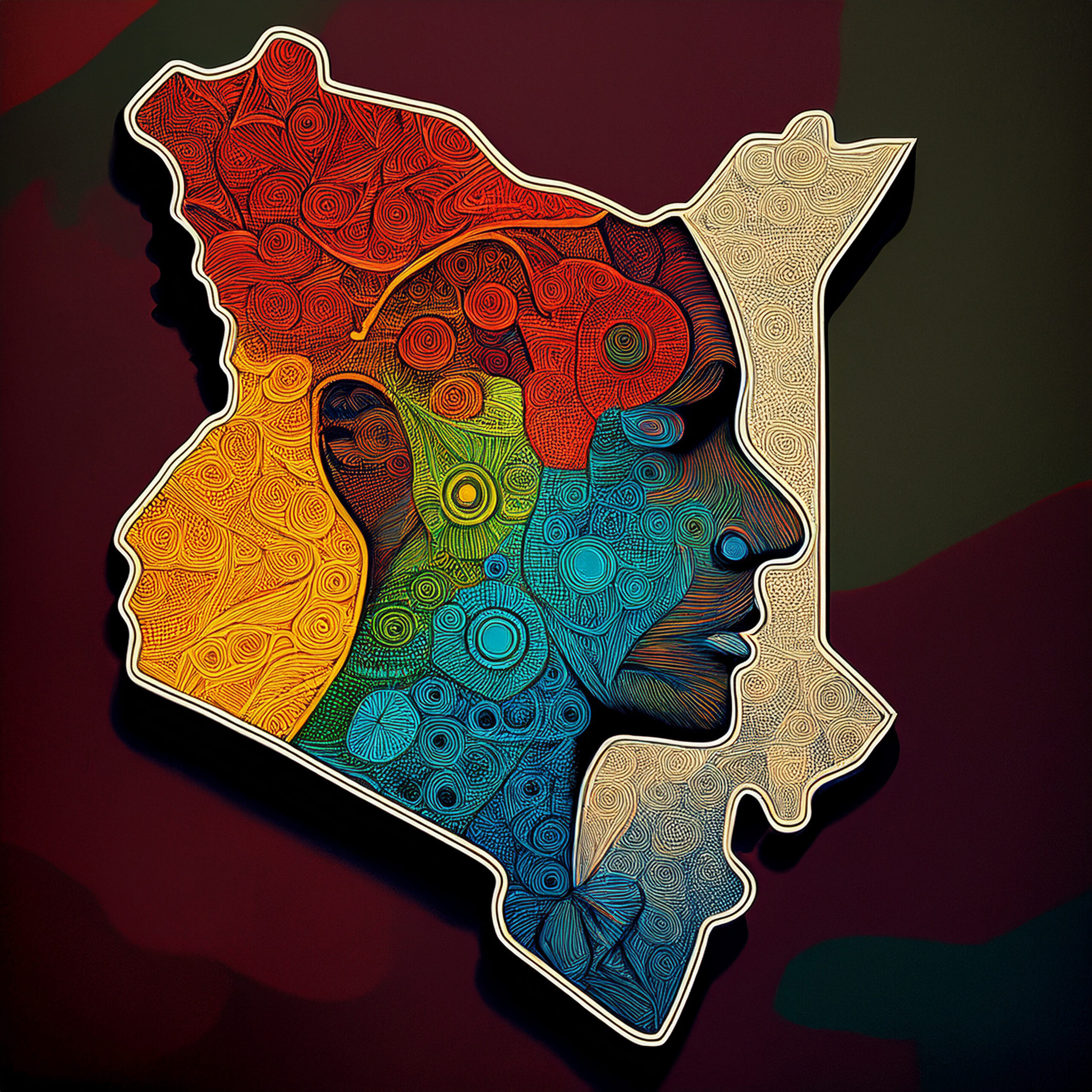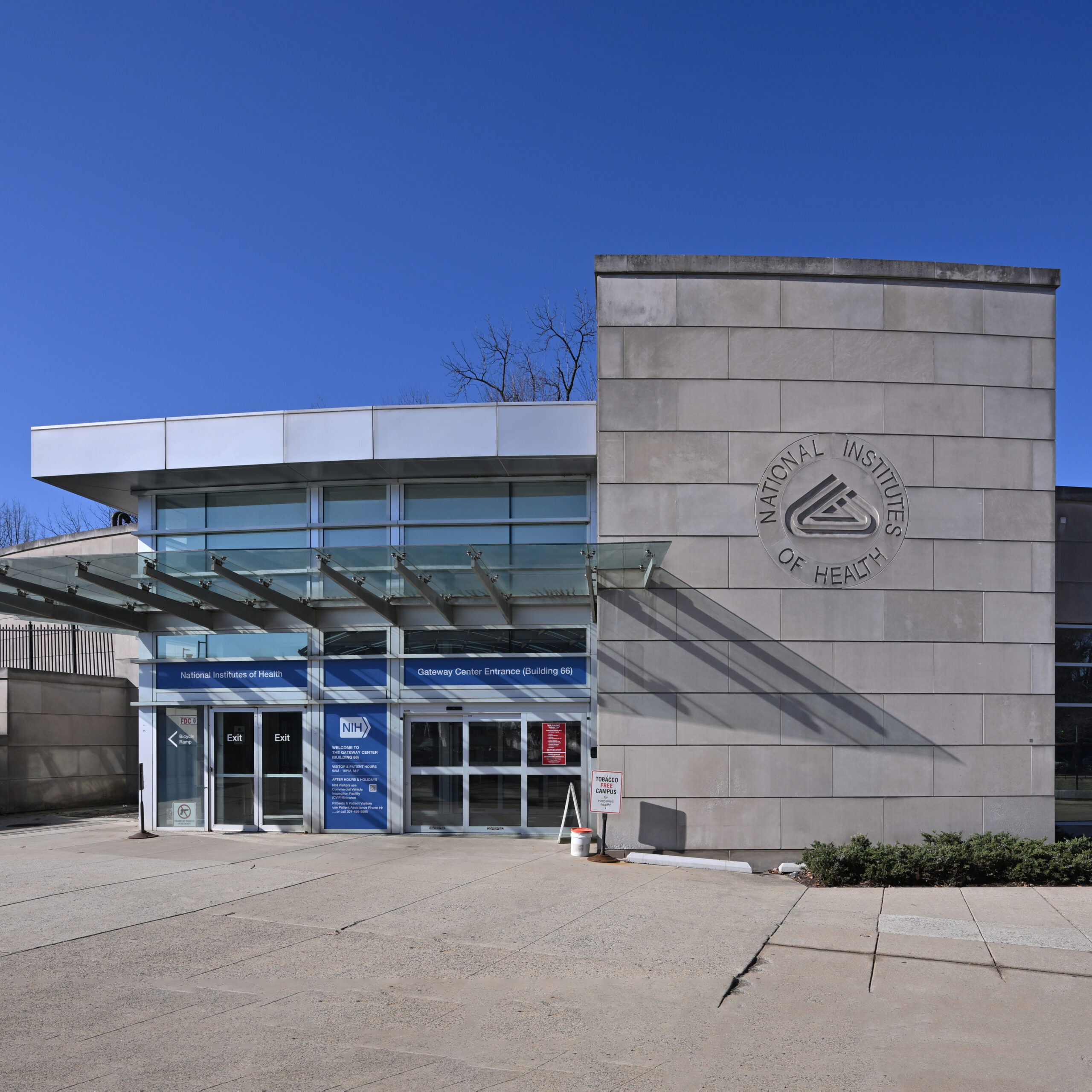On a humid afternoon in Kilifi, Kenya, the sound of children playing drifts in through the open window of a small clinic. Inside, Dr. Amina Abubakar sits with a mother who’s traveled miles for answers about her son. The boy, shy and quiet, clings to his mother’s skirt. “He doesn’t speak much,” the mother says, her voice barely above a whisper. “Sometimes I wonder if I did something wrong.”
Dr. Abubakar listens intently. “You haven’t done anything wrong,” she reassures her. “Let’s talk about what your son needs.” In that moment, the mother’s shoulders relax just a little. It’s a small gesture, but it’s one Dr. Abubakar has seen many times. For families in rural Kenya, the journey to understanding autism often begins with a single, honest conversation.
Why Her Work Matters
Autism is still widely misunderstood in Kenya. Many parents don’t know what signs to look for, and stigma can make it hard to ask for help. Dr. Abubakar, a developmental psychologist at the Kenya Medical Research Institute (KEMRI), knows this all too well. She’s seen the difference in support between her own nephews in Sweden and the children she meets in Kenya.
“Back in Sweden, my nephews have access to therapists, teachers, and support groups,” she shared in an interview with Spectrum News. “Here, most families have none of that. It’s like living in two different worlds.”
How She’s Changing the Conversation
Dr. Abubakar’s approach is refreshingly practical. She doesn’t just rely on imported research. Instead, she works with local communities to adapt autism screening tools so they make sense in Swahili and other Kenyan languages. “We can’t just copy and paste solutions from the West,” she told a group of teachers during a recent training session. “We have to make them our own.”
Here’s what sets her work apart:
- Adapting Tools: She leads efforts to translate and adjust diagnostic questionnaires, making sure they fit local customs and beliefs.
- Training Teachers and Health Workers: In classrooms across Kenya, Dr. Abubakar runs workshops to help staff recognize the early signs of autism.
- Advocating for Policy Change: She meets with government officials and NGOs to push for better funding and more inclusive policies.
One teacher from a recent workshop in Mombasa said, “Before this training, I thought children who didn’t speak were just shy. Now I know there’s more to it, and I can help.”
Real-Life Challenges
The road isn’t easy. Most families can’t afford private therapy, and there are only a handful of specialists in the country. Some parents are afraid to talk about their child’s struggles, worried about what neighbors might say. Dr. Abubakar recalls a father who whispered, “People in my village think my son is cursed.” She shook her head gently and replied, “Your son is not cursed. He just needs support.”
Here are some of the biggest hurdles families face:
- Lack of Awareness: Many people don’t know what autism is or how to spot it.
- Few Trained Professionals: Specialists are rare, especially outside major cities.
- Stigma: Cultural beliefs can make families reluctant to seek help.
- High Costs: Even when services exist, they’re often too expensive for most families.
Building Hope, One Family at a Time
Despite the challenges, Dr. Abubakar sees progress. Ten years ago, almost no one in rural Kenya talked about autism. Now, more parents are asking questions, and some teachers are spotting early signs in their students. “Change is slow,” she admits, “but every time a family feels seen and understood, we move forward.”
If you want to see her impact firsthand, just watch the way children light up when she enters a room. One little boy, who barely spoke a word all day, surprised everyone by saying, “Thank you, doctor,” as she handed him a toy car. The room went quiet, and his mother’s eyes filled with tears.
Where to Learn More
If you’re interested in learning more about Dr. Abubakar’s work or autism care in Kenya, check out these sources:
- Spectrum News: Amina Abubakar translates autism research and care for Kenya
- Aga Khan University: Dr. Amina Abubakar Profile
- Frontiers in Psychiatry: Autism Spectrum Disorders in Africa
We believe stories like Dr. Abubakar’s remind us that real change isn’t always about grand gestures. Sometimes, it’s about listening, learning, and making sure every child gets a chance to shine.
Citations:
- Abubakar, A., Ssewanyana, D., & Newton, C. R. (2016). A systematic review of research on autism spectrum disorders in Sub-Saharan Africa. Behavioral Neurology, 2016, Article 3501910. https://pubmed.ncbi.nlm.nih.gov/27872512/
- Abubakar, A., Ssewanyana, D., & Newton, C. R. (2022). Autism spectrum disorders in Africa: Current challenges in identification, assessment, and intervention. Frontiers in Psychiatry, 13, Article 823278. https://www.frontiersin.org/articles/10.3389/fpsyt.2022.823278/full
- Devlin, H. (2024, May 21). Amina Abubakar translates autism research and care for Kenya. Spectrum News. https://www.spectrumnews.org/features/deep-dive/amina-abubakar-translates-autism-research-and-care-for-kenya/
- Gona, J. K., Newton, C. R., Rimba, K. K., Mapenzi, R., Kihara, M., & Abubakar, A. (2015). Parents’ and professionals’ perceptions on causes and treatment options for autism spectrum disorders (ASD) in a multicultural context on the Kenyan coast. PLoS ONE, 10(8), e0132729. https://pmc.ncbi.nlm.nih.gov/articles/PMC4534101/
- Abubakar, A., & Kipkemoi, P. (2022). Early intervention in autism spectrum disorder: The need for an international approach. Developmental Medicine & Child Neurology, 64(9), 1051-1058. https://ecommons.aku.edu/eastafrica_ihd/150/
- Abubakar, A., Gona, J. K., Kipkemoi, P., Rimba, K., Amukambwa, D., & Newton, C. R. J. C. (2022). Perspectives of key stakeholders on educational experiences of children with autism spectrum disorders at the Kenyan Coast. African Journal of Disability, 11, a847. https://ajod.org/index.php/ajod/article/view/847
- Abubakar, A., & Newton, C. R. (2015). Challenges and coping strategies of parents of children with autism on the Kenyan coast. BMC Psychiatry, 15, 286. https://pubmed.ncbi.nlm.nih.gov/27098766/
- Abubakar, A. (n.d.). Amina Abubakar. Centre for Tropical Medicine and Global Health, University of Oxford. https://www.tropicalmedicine.ox.ac.uk/team/amina-abubakar









